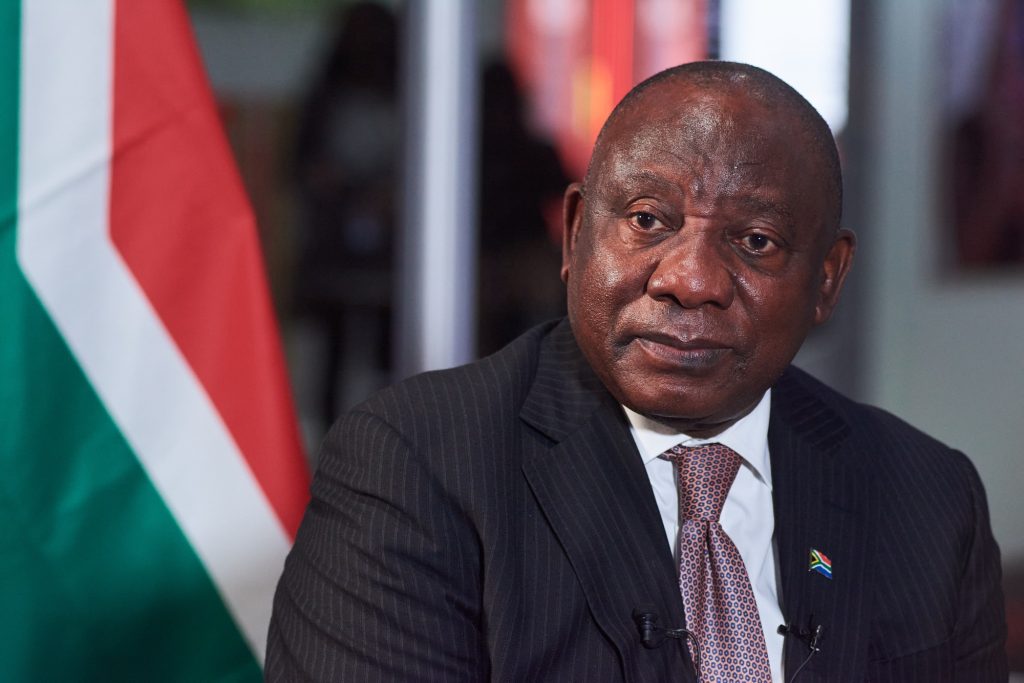In his annual State of the Nation address, South African President Cyril Ramaphosa defended the African National Congress’ (ANC) record over the past three decades, highlighting achievements amidst the party’s most formidable electoral challenge yet.
With the ANC’s tenure since South Africa’s inaugural post-apartheid elections in 1994, the upcoming polls present an important moment, as indications suggest a potential loss of majority, potentially leading to coalition governance and a historic shift in the country’s political landscape.
Addressing parliament for nearly two hours, Ramaphosa reiterated the ANC’s strides in grappling with critical issues such as soaring unemployment, an enduring electricity crisis, and pervasive corruption allegations.
Amidst criticisms and challenges, notably the period of alleged corruption under former President Jacob Zuma, termed “state capture,” Ramaphosa underscored his administration’s commitment to rooting out corruption and restoring accountability within state institutions.
However, his remarks faced dissent from some lawmakers, given his own entanglement in a corruption scandal in 2022, which implicated him in a purported theft of over $500,000 concealed within furniture on a ranch he owns. Despite these accusations, Ramaphosa was cleared of wrongdoing, albeit amid vehement opposition claims of money laundering and tax evasion.
The nation grapples with a myriad of issues, from corruption to power shortages and logistical bottlenecks, all of which have corroded the ANC’s standing among citizens and its reputation globally. Ramaphosa acknowledged these challenges in his address but offered scant new strategies to address them.
Although he highlighted a rise in job creation, Ramaphosa lamented the persistently high unemployment rate, especially among young people, which remains among the world’s highest at over 30%, soaring to 60% for individuals under 25.
Despite the bleak economic outlook, Ramaphosa maintained a stance of cautious optimism, affirming that South Africa’s progress over the past 30 years has been substantial, even amidst present adversities.
However, critics view the State of the Nation address as mere electioneering, criticising it as a repetition of past promises. With the election dates slated between May and August, anticipation mounts as South Africa braces for a potentially transformative political shift, the outcome of which will shape the nation’s trajectory for years to come.

